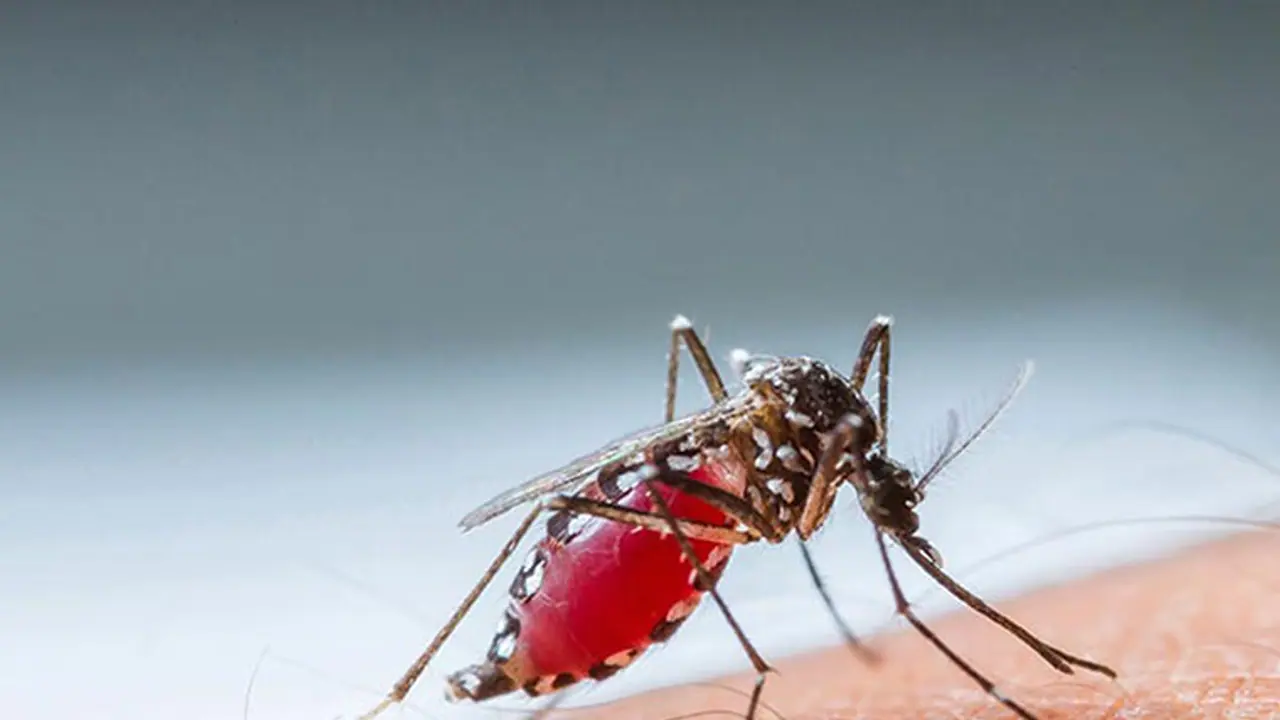There are just 3,500 health inspectors as against the required 10,000. Protection from mosquito bites during daytime, with the use of full clothing, use of mosquito repellents and usage of insecticides in the breeding areas, are the first few steps of controlling vector transmission. Safe usage of insecticide is the next step.
The official death figures due to Dengue has reached alarming levels in Chennai. However, government officials are divided on their opinions of the death toll caused due to the virus. Till Monday, 80 people are said to have been dead, but public health officials confirm 40 deaths due to dengue and and an equal number due to viral haemorraging fever or shock syndrome, triggered by Dengue since January.

Meanwhile, senior health officials in the healthcare department say that there have been 11,500 reported cases of Dengue since January, but the real numbers could be thrice as much. Naturally, the senior doctors' bodies such as the Indian Medical Association and the Indian Public Health Association have been asking the government to declare it as an epidemic.
Inside sources report that both the government and the medical bodies are reluctant to give the actual figures for the fear of causing panic. However, former health director Dr S Elango said that the state's decision to under-report cases is against the WHO norms.
What Chennai needs
Healthcare experts believe that vector control is the call of the day. And giving away the actual numbers would not help in any case, but further complicate the situation. As per an article on Dengue Control by the World Health Organisation, "Preventing or reducing dengue virus transmission depends entirely in controlling the mosquito vectors or interruption of human–vector contact. WHO promotes the strategic approach known as Integrated Vector Management (IVM) to control mosquito vectors, including those of dengue."
IVM basically involves a rational decision-making process for the optimal use of resources for vector control. This also aims to improve efficacy, cost effectiveness, ecological soundness and sustainability. Vector control also includes eliminating all possibilities of letting a larvae or an adult mosquito survive. Vector transmission is reduced through the
use and combination of the following methods:
Individual and household protection: Protection from mosquito bites during daytime, with the use of full clothing, use of mosquito repellents and usage of insecticides in the breeding areas, are the first few steps of controlling vector transmission.
Safe use of insecticides: All insecticides are toxic to some degree. Safety precaution for their use, including care in the handling of pesticides safe work practices for those who apply them, and appropriate field application – should be followed.
Reasons for the spread: not just mosquitoes, but lack of healthcare facility
Another major problem is the shortage of health inspectors in the city, which accounts for over 60% lesser number of healthcare providers than the stipulated amount. Tamil Nadu, according to a report by the Times of India, has just 3,500 health inspectors as against the required 10,000.
In fact, close to 3,500 inspectors have been transferred to the program from departments that have been closed. Hence, they aren't trained in vector control.
[Read: Dengue sends shock waves in Bengaluru with a whopping 4,990 positive cases]
